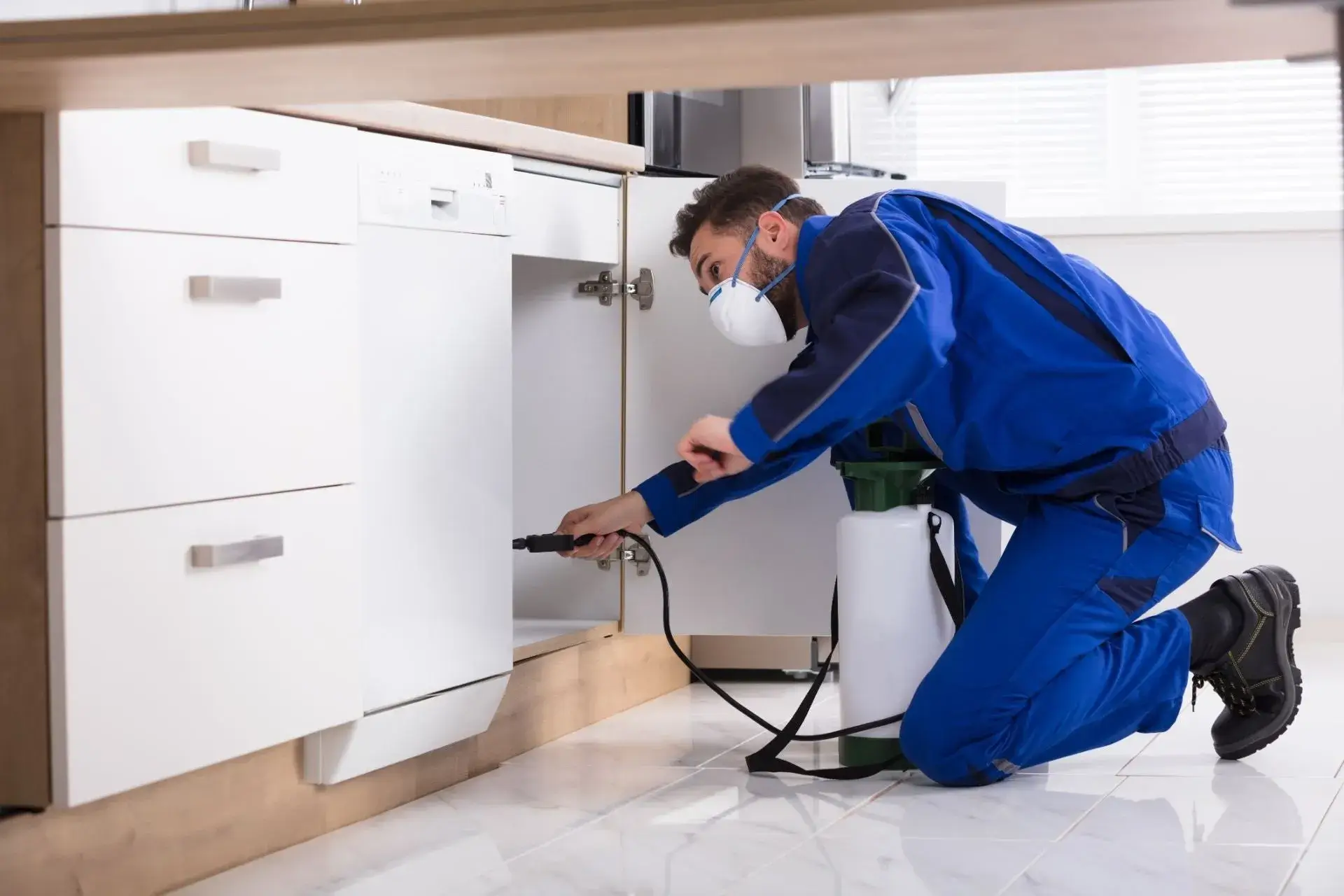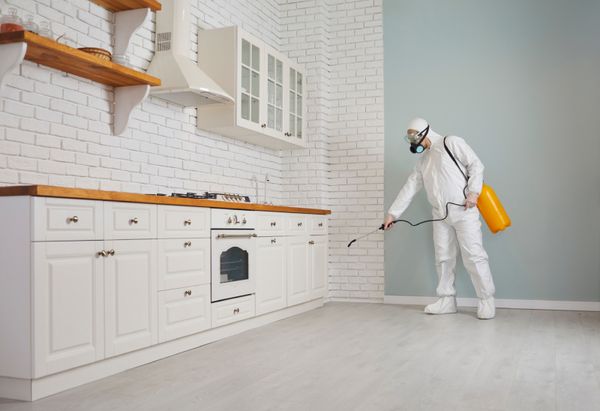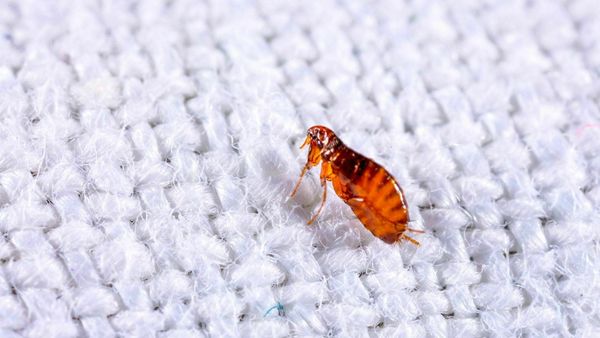Pest control is a critical aspect of real estate management. It involves the management and control of pests, which are unwanted organisms that can damage property, poses health risks, and cause significant economic losses. The importance of pest control in real estate cannot be overstated, as it helps to maintain the structural integrity of buildings and preserve the health and well-being of residents.
Pests such as rodents, termites, cockroaches, and bedbugs are common in buildings and can cause a wide range of problems. They can cause significant damage to the building's structure, furniture, and electrical systems. They can also pose health risks to residents, such as asthma, allergies, and infections. Moreover, pests can create an unsanitary and unpleasant living environment, which can affect the quality of life of residents and decrease the value of the property.
To address the pest problem effectively, real estate managers often employ an integrated pest management (IPM) approach.
What is Integrated Pest Management (IPM)?
Integrated Pest Management (IPM) is a holistic approach to a pest control that focuses on managing and preventing pest problems while minimizing the use of harmful chemicals. It combines various strategies, including cultural, mechanical, and biological controls, to achieve sustainable and long-term pest management solutions.
The key principles of IPM are based on prevention, monitoring, and control. Prevention involves designing buildings, landscapes, and storage areas in ways that reduce the risk of pest infestations. Monitoring involves regularly checking for signs of pest activity to detect and respond to infestations before they become severe. Control involves using a combination of non-chemical and chemical methods to manage pests effectively.
IPM differs from traditional pest control methods in several ways. Traditional pest control methods, often associated with "pest control branding," typically rely on the use of pesticides to kill pests, without considering non-chemical alternatives. They focus on reactive measures to eliminate pests, rather than preventive measures to avoid infestations. Traditional pest control methods can be expensive, pose health and environmental risks, and often require repeated applications to maintain effectiveness.
In contrast, IPM is proactive, prioritizes prevention, and uses a variety of methods to control pests effectively.
Benefits of IPM for Real Estate
Integrated Pest Management (IPM) is an effective approach to pest control that provides numerous benefits for real estate management. Here are five benefits of IPM for real estate:
- Reduced Health Risks: IPM focuses on using the least toxic pest control methods, which can reduce the health risks associated with traditional pest control methods. This is especially important in real estate, where residents, employees, and visitors can be exposed to pesticides and other harmful chemicals.
- Cost-Effective: IPM strategies are designed to be cost-effective, as they focus on preventing pest problems before they actually occur. This can help real estate managers save money on costly repairs and pest control services.
- Long-Term Solutions: IPM is a proactive approach to pest control that provides long-term solutions to pest problems. By addressing the root causes of pest infestations, such as food, water, and shelter sources, IPM can prevent future infestations and reduce the need for pest control services.
- Environmentally Friendly: IPM strategies prioritize the use of non-chemical methods, such as exclusion, sanitation, and cultural controls, to manage pests. This can reduce the environmental impact of pest control methods and protect natural ecosystems.
- Positive Image: Adopting IPM strategies can help real estate managers establish a positive image for their properties. By prioritizing the health and well-being of residents, reducing costs, and protecting the environment, real estate managers can differentiate themselves from competitors and attract more tenants and buyers.
Challenges and Solutions for IPM in Real Estate
Here are some of the challenges and potential solutions for IPM in real estate:
- Limited Resources: One of the biggest challenges for IPM in real estate is limited resources, such as time and budget. Real estate managers may be hesitant to invest in preventive measures, such as sealing cracks and holes, that may not show immediate results. The solution to this challenge is to prioritize IPM strategies that are cost-effective and provide long-term solutions. For example, conducting regular inspections and monitoring for pest activity can help detect infestations early and prevent them from spreading.
- Lack of Knowledge: Another challenge for IPM in real estate is a lack of knowledge about IPM strategies and pest biology. Real estate managers and maintenance staff may not know how to identify pests or implement effective IPM strategies. The solution to this challenge is to provide training and education on IPM principles and practices. Real estate managers can also work with pest control professionals who specialize in IPM to develop and implement effective pest management plans.
- Resistance to Change: Implementing IPM in real estate can be challenging due to resistance to change. Maintenance staff and tenants may be accustomed to traditional pest control methods and may be hesitant to adopt new approaches. The solution to this challenge is to involve staff and tenants in the IPM process and communicate the benefits of IPM. Real estate managers can also work with pest control professionals who can provide guidance and support during the transition to IPM.
- Tenant Behavior: Tenant behavior can also pose a challenge for IPM in real estate. For example, tenants may not properly store food or dispose of trash, which can attract pests. The solution to this challenge is to educate tenants on their role in preventing pest problems and provide guidelines on proper food storage and waste disposal. Real estate managers can also implement policies and procedures that encourage tenants to report pest problems and cooperate with IPM strategies.
Conclusion
As property owners and managers, it is our responsibility to prioritize the health and well-being of our tenants, employees, and visitors, and protect the environment by adopting sustainable pest control practices. By implementing IPM strategies, we can prevent pest problems before they occur, reduce the need for costly pest control services, and maintain pest-free properties. Let's take action today and make IPM a standard practice in real estate management.






